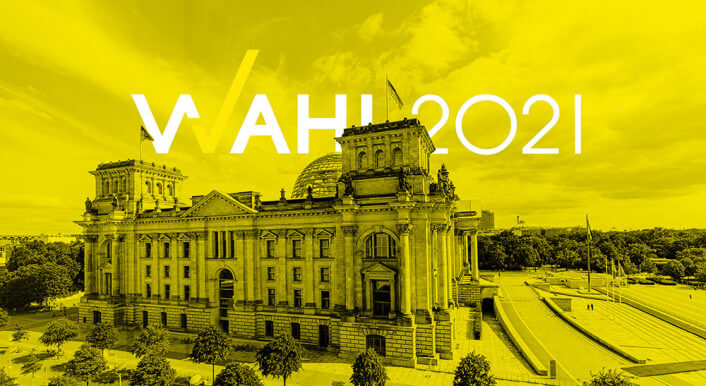Monitoring Disinformation around Elections: Key Takeaways from the German Federal Elections in 2021
This report details the knowledge that CORRECTIV.Faktencheck has gained over five years of monitoring mis- and disinformation during elections. It highlights the 2021 federal elections in Germany and the key learnings that can be drawn from it. This includes the different tasks within the team, monitored platforms, tools, and thoughts behind the chosen approach.

Disinformation before or after democratic elections can serve different purposes. During the competitive campaigning phase, which may start months or even over a year before the election day, disinformation usually seeks to discredit candidates or is directed at the policies of a certain political party. It tends to focus on the election process on election day or shortly before. Claims about alleged voter fraud become more prevalent, seeking to confuse and discourage people from voting or giving them false information on how to vote so that their votes become invalid.
The nature of disinformation varies from country to county and can, of course, be influenced by unprecedented events. Still, similar patterns have been observed during state-level and federal elections in Germany.
This document details the knowledge that CORRECTIV.Faktencheck has gained over five years of fact-checking work. The first part describes the pre-election campaigning phase. In particular, background information is provided on how the 2017 federal election campaign helped shape the subsequent monitoring and exposed key narratives that would return in 2021. The second part outlines the ‘hot phase’ around the 2021 federal elections in Germany and the key learning that can be drawn from it. This includes the different tasks within the CORRECTIV team, the monitored platforms, used tools, and thoughts behind the chosen approach.
This report was written for the non-governmental organization EU Disinfo Lab. You can read the full article here.
